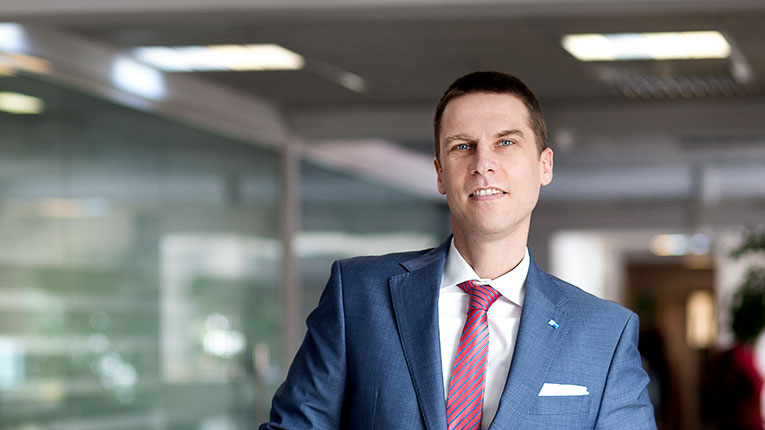The challenges for companies are still numerous after almost two years of pandemic, but the current situation of companies has significantly improved compared to last year. This emerges from the current opinion poll conducted by AHK Romania in October 2021. This shows the current assessment of the economic situation and business of companies, but also provides an overview of the most important risk factors for business development in terms of of companies, both in general and due to the pandemic.
The current situation of companies with German capital in Romania has improved, and most consider it “good” (over 67%, 2020: 35%). Over 22% of respondents say that the situation of the company they represent is satisfactory, and the remaining 10% consider that the situation is difficult (2020: 9.6%).
“However, the current situation of companies must also be seen in the context in which we must ask ourselves how much is due to the effects of prices and how much to the effects of volumes. Problems with price and availability are likely to continue until the second half of 2022. Corona has led to considerable pace disruptions and the engine of the global economy is still squeaking in places,” said Sebastian Metz, CEO and Member in the Board of Directors of AHK Romania
Regarding the evolution of the activity, the companies are again more optimistic this autumn. Only 10% of respondents still believe that their activity will deteriorate in the next 12 months (2020: 25.5%). More than 42% expect an improvement (2020: 26.6%), and 47% see no change.
The local economic evolution in the next 12 months is unchanged for half of the respondents. 20.4% expect a conjunctural improvement (2020: 24.4%), while the number of pessimists has decreased: 30.6% see a deterioration in the evolution of the local economy (2020: 44.7%).
It is encouraging that most companies are again willing to hire staff. A significantly higher number of companies (40.8%) intend to increase the number of employees, compared to 2020 (17%). For 42% of respondents, the number of employees will remain at the same level (2020: 60.6%) and only 16.3% of respondents say they intend to hire less (2020: 22.3%). Due to the improvement of the economic situation, the desire to invest again increases. For the next 12 months, 36.7% of companies propose higher investment expenditures (2020: 11.7%). 32.7% believe that these expenditures will not change (2020: 40.4%) and only 18.4% see lower investments (2020: 33%). The balance (the difference between negative and positive answers) rises to 21 points after last year’s low (minus 21).
In terms of economic risk factors, rising commodity and energy prices, but also labor costs and a lack of qualified staff are the biggest concerns for companies. The current government crisis is not reflected in the poll, as it began after the poll. However, 41.7% of respondents consider the political-economic framework as a risk factor.
”From our daily interaction with company representatives, we can confirm this, and this risk factor could increase significantly due to current events,” say AHK officials.
“The current political situation causes uncertainty for German companies in Romania. The current debate on tax changes is not timely at all. We can only repeatedly ask all policy makers to ensure predictability and, therefore, confidence in a business climate favorable to the business environment and to continue the reform agenda to make Romania, as an investment location, be ready for the future and be able to use the available European funds. These investments, which are urgently needed, will provide the necessary impetus for economic growth,” explains Andreas Lier, President of AHK Romania.
Against the background of the Coronavirus pandemic, travel restrictions and supply bottlenecks pose the biggest problems for companies. The demand for products / services and investments are losing importance. Problems in international supply chains have been going on for several months now. Companies are experiencing supply bottlenecks and price increases, especially for steel and plastics, but neither aluminum nor wood can be purchased in sufficient quantities. As a result, more than 36% of respondents are looking for new suppliers so that their business activities and, consequently, subsequent economic developments are not affected.

